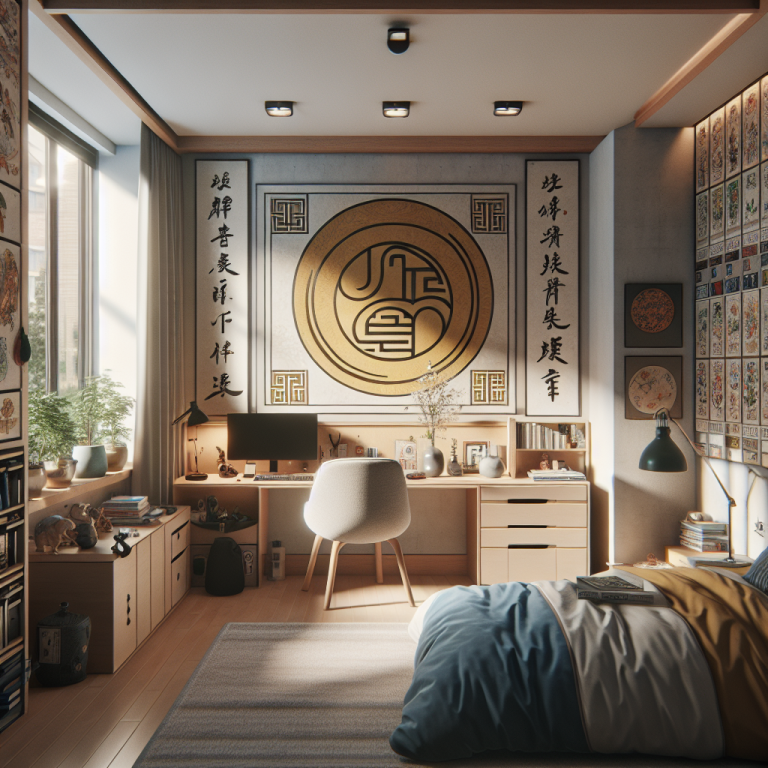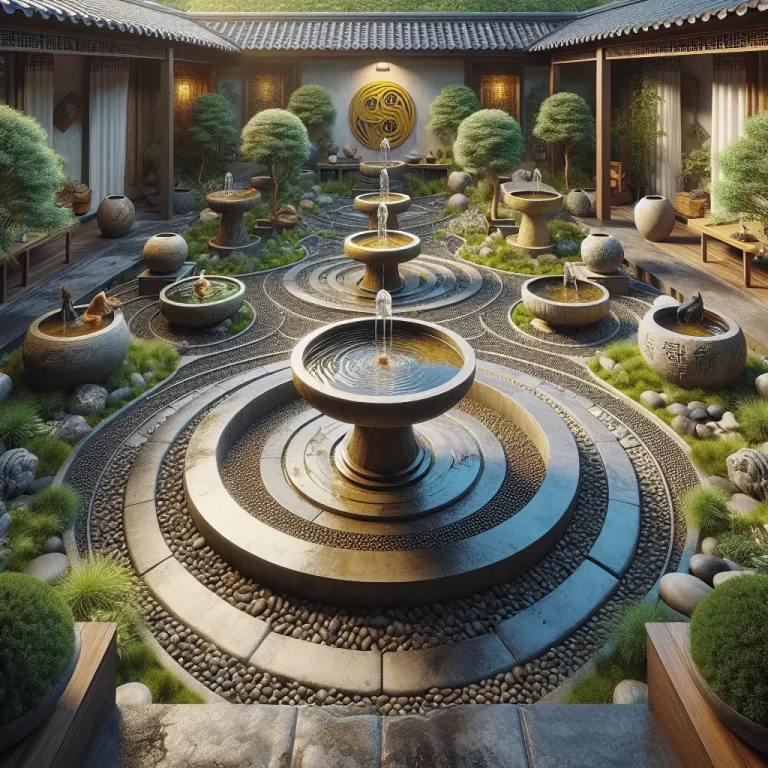Contents
- Do Chinese People Hire Architects for Feng Shui?
- The Role of Feng Shui in Chinese Architecture
- Historical Context
- Modern Application
- Hiring Architects with Feng Shui Expertise
- Collaboration Between Architects and Feng Shui Masters
- Case Study: The Importance of Feng Shui in Business
- Why Feng Shui Matters in Architecture
- Cultural Significance
- Practical Benefits
- FAQs
- 1. What is Feng Shui and how does it relate to architecture?
- 2. Do Chinese people hire architects specifically for Feng Shui?
- 3. How does Feng Shui influence modern architecture in China?
- 4. Is Feng Shui used outside of China?
- Conclusion
Do Chinese People Hire Architects for Feng Shui?
Feng Shui, the ancient Chinese art of harmonizing individuals with their surrounding environment, has been an integral part of Chinese culture for centuries. It is a practice deeply rooted in the belief that the arrangement of space can influence the flow of energy, or chi, thereby affecting health, wealth, and relationships. But how does this ancient practice integrate with modern architecture in China? Do Chinese people hire architects specifically for Feng Shui purposes? Let’s explore this fascinating intersection.
The Role of Feng Shui in Chinese Architecture
Historical Context
Feng Shui, which translates to “wind-water,” has been practiced in China for over 4,000 years and is considered both an art and a science. Traditionally, it was used to orient buildings in an auspicious manner, aligning them with the natural elements to ensure the flow of positive energy. This practice was historically reserved for the elite, such as emperors and nobles, who used it to design palaces and tombs.
Modern Application
In contemporary China, Feng Shui continues to play a significant role in architecture and urban planning. Many Chinese people believe that good Feng Shui can bring prosperity and harmony, while bad Feng Shui can lead to misfortune. As a result, it is common for individuals and businesses to consult Feng Shui experts when designing or renovating buildings.
Hiring Architects with Feng Shui Expertise
Collaboration Between Architects and Feng Shui Masters
In modern China, it is not uncommon for architects to work alongside Feng Shui consultants. These collaborations ensure that new constructions adhere to Feng Shui principles, which can include the orientation of the building, the placement of doors and windows, and the use of specific materials and colors. This partnership is particularly prevalent in the construction of commercial properties, where the goal is to maximize profits and create a harmonious work environment.
Case Study: The Importance of Feng Shui in Business
An interesting story highlights the importance of Feng Shui in the workplace. A general manager in Shanghai attempted to redesign her office space to improve communication by removing partitions. However, this change disrupted the flow of energy, leading to tension among employees. It was only after consulting a Feng Shui master that the office layout was adjusted to balance the energy, resulting in a more positive atmosphere.
Why Feng Shui Matters in Architecture
Cultural Significance
Feng Shui is deeply embedded in Chinese culture and is often seen as a way to respect and harness the power of nature. It is believed that aligning a building with natural forces can positively influence the lives of its occupants. This cultural significance means that Feng Shui is not just an architectural consideration but a way of life for many Chinese people.
Practical Benefits
From a practical standpoint, Feng Shui can be likened to good design principles in the Western world. It emphasizes the importance of natural light, airflow, and spatial harmony, which are also key considerations in modern architecture. By integrating Feng Shui into architectural design, architects can create spaces that are not only aesthetically pleasing but also conducive to well-being and productivity.
FAQs
1. What is Feng Shui and how does it relate to architecture?
Feng Shui is an ancient Chinese practice that aims to harmonize individuals with their environment by arranging space in a way that promotes the flow of positive energy. In architecture, it involves the strategic placement of buildings and interior elements to enhance health, wealth, and relationships.
2. Do Chinese people hire architects specifically for Feng Shui?
Yes, it is common for Chinese people to consult Feng Shui experts when designing or renovating buildings. Architects often collaborate with Feng Shui masters to ensure that new constructions adhere to Feng Shui principles.
3. How does Feng Shui influence modern architecture in China?
Feng Shui influences modern architecture by dictating the orientation of buildings, the placement of doors and windows, and the use of specific materials and colors. These considerations are believed to enhance the flow of positive energy and bring prosperity and harmony to the occupants.
4. Is Feng Shui used outside of China?
Yes, Feng Shui has gained popularity worldwide and is often used in the design of homes and businesses to create harmonious and balanced spaces.
Conclusion
Feng Shui remains a vital aspect of Chinese architecture, bridging ancient traditions with modern design. By integrating Feng Shui principles, architects can create spaces that are not only visually appealing but also energetically balanced, enhancing the well-being of their occupants. For those interested in incorporating Feng Shui into their own spaces, consulting with a knowledgeable Feng Shui expert can provide valuable insights and guidance.
At Feng Shui Bliss, we embrace the timeless wisdom of Feng Shui in our spiritual jewelry and accessories, helping you create harmony and balance in your life.







